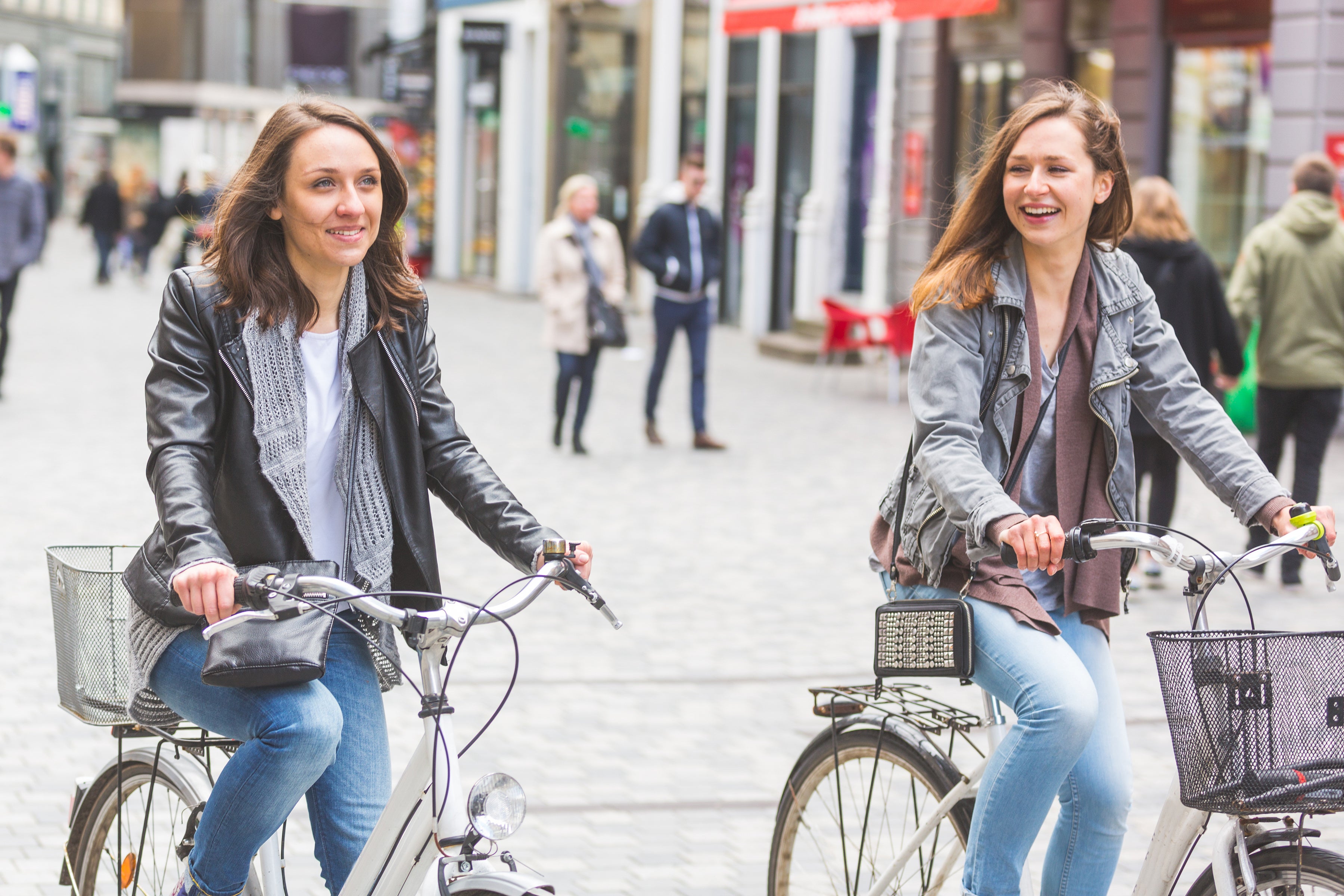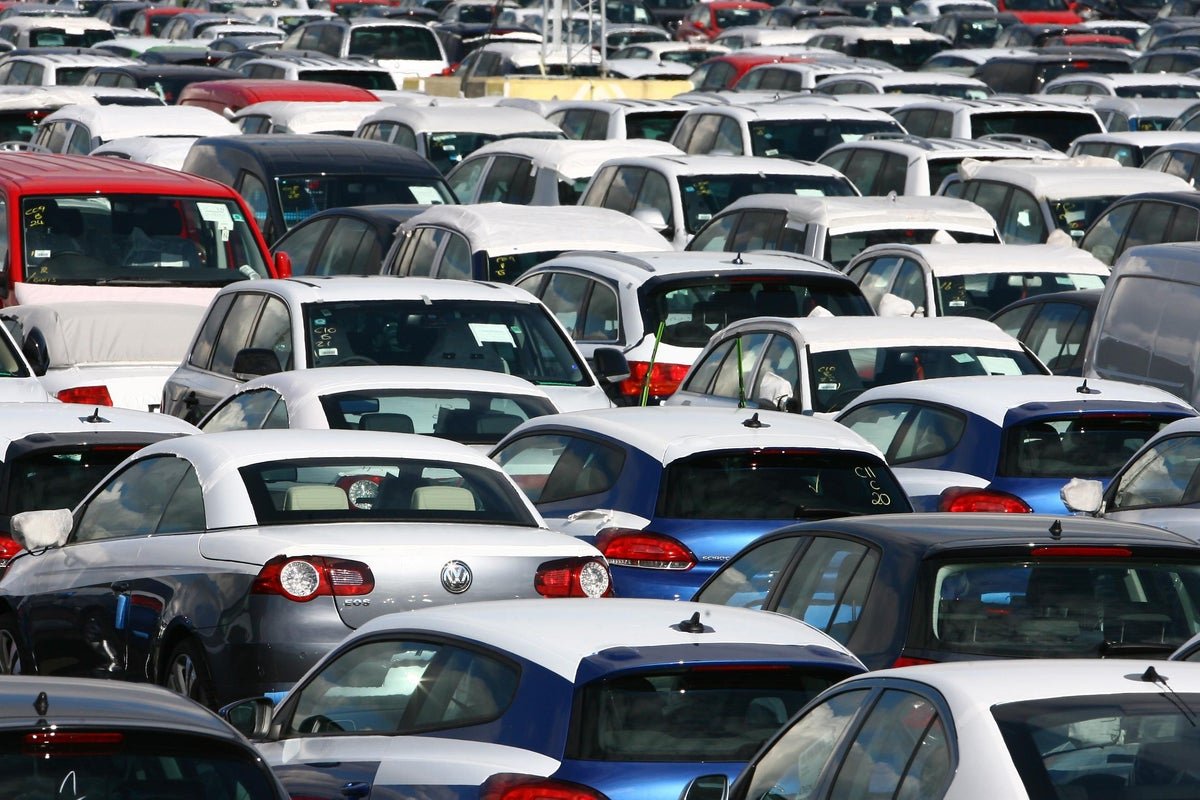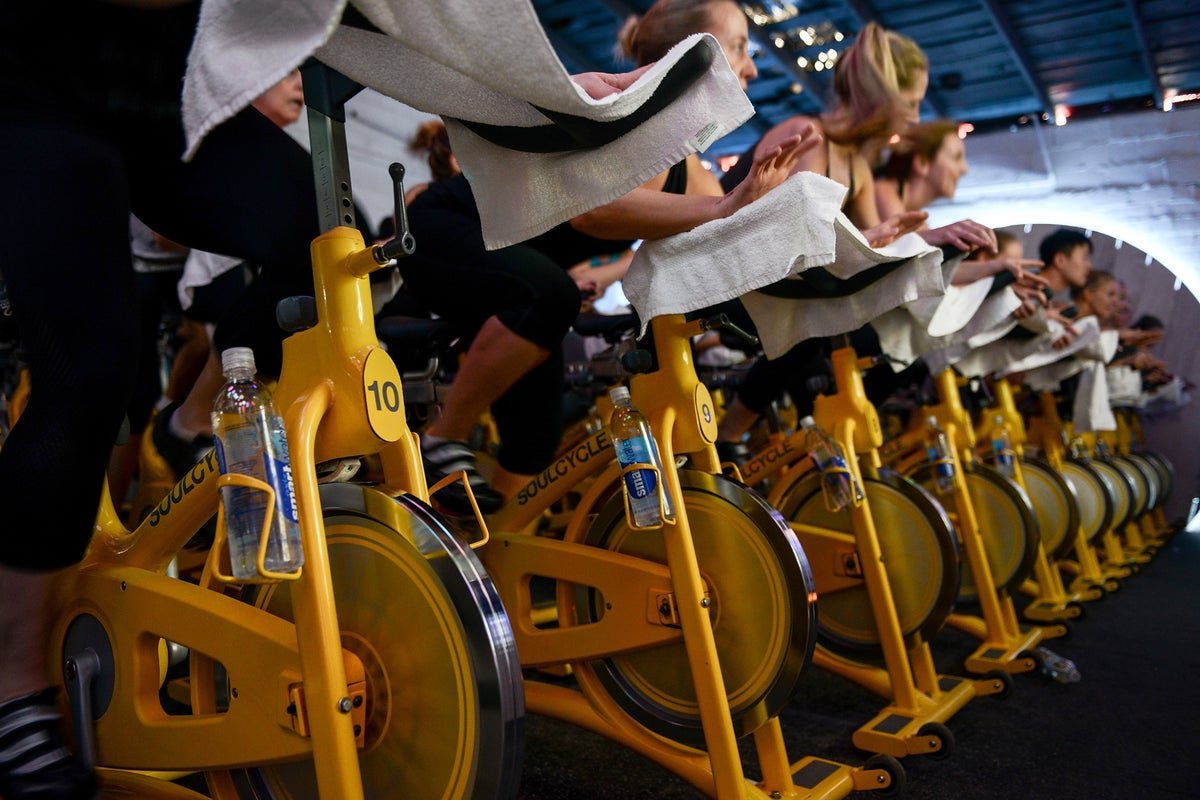There is still, in our increasingly progressive, anything goes world, a slight shame in making some admissions. One of them is uttering the sentence “I can’t drive” well into your thirties.
It’s less outrageous a statement in London – even if people can drive, plenty don’t, what with there being nowhere to park and Ulez and a public transport network that usually gets you there faster than a car would anyway. But head outside of the urban bubble and the confession becomes cause for consternation.
People eye you with a mix of rank suspicion and abject pity. How, they wonder, can you possibly get around? How can you possibly live your life?
As someone who’s been on the receiving end of this mild humiliation for nigh-on 20 years, I can’t help but take some small pleasure in the recent revelation that driving, far from being the be-all and end-all, might actually be making us miserable. A new UK study analysing official statistics on loneliness and transport use found that those who depended on cars were more likely to feel lonely and disconnected than those with access to good public transport.
The research from the Social Market Foundation (SMF) think tank, based on data from the Department for Transport, found a correlation between car dependency and loneliness across all regions, most acutely seen in rural towns. It was the least impactful in cities, where people had access to more reliable transport alternatives.
“Our first-of-its-kind analysis shows a very clear and statistically significant link between car dependency and loneliness, with results indicating that loneliness increases by 5 per cent for every 20 per cent fall in satisfaction with public transport and active travel,” said the SMF. “Put another way, failing to provide alternatives to cars is making people more lonely and more isolated.”
Of course, correlation is not causation; people based in places with poorer public transport may be more likely to describe themselves as feeling left out or without companionship as a natural consequence of living in a more sparsely populated rural area with fewer neighbours or friends residing nearby.

But still, the suggestion that driving is not, in fact, the pathway to all freedom and connectivity doesn’t surprise me all that much, as someone who has been reliant on trains, buses, bikes and my own two feet to get around my entire adult life.
For one, cars quite literally separate us from other people. They put us in our own, individualised metal boxes, physically distinct to the point where the inhabitants of every other metal box become foe rather than friend as the default setting. You only have to sit in the passenger seat next to a normally mild-mannered person and watch them swiftly deteriorate from civilised human to snarling beast to suspect that getting behind the wheel is not the best for our mental health. And it can have far graver consequences than simply causing an upstanding citizen to let out enough curse words to make a sailor blush. In 2023, aggressive driving accounted for 2,722 collisions, 4,084 casualties and 143 deaths on British roads; the number of overall crimes featuring “road rage” or “aggressive driving” increased by 34 per cent between 2021 and 2024, according to a FOI request by The Telegraph.
Even if anxiety doesn’t present itself in the form of road rage, it affects a huge number of drivers. One 2023 survey from Aviva found that more than a third of motorists felt anxious behind the wheel, with almost half (43 per cent) of this group admitting that nerves affected their ability to drive. Some studies have suggested that driving for long hours elicits a physical stress response, resulting in more cortisol (the stress hormone) pumping around the body.
The suggestion that driving is not, in fact, the pathway to all freedom and connectivity doesn’t surprise me all that much
Conversely, research has shown that bicycle commuters have a significantly lower risk of being stressed than non-bicycle commuters. Then there’s the fact that the more active transport alternatives – walking, running or cycling – get you out of a metal box and into the world. You can feel the sun on your skin, the wind in your hair; you can likely see some kind of green, whether it be the grass of a park or the leaves on a tree-lined street. Countless studies have shown a link between this and increases in self-esteem and mood. One 2019 study revealed that just 20 minutes of experiencing nature – walking through a park, for example – will significantly lower stress hormones.
Active travel has other profoundly positive impacts on our health too, keeping us fitter and even releasing endorphins: the feelgood hormone produced by our bodies during physical activity that decreases anxiety and increases relaxation and happiness. It has the added benefit of opening up the potential of bumping into someone you know, exchanging pleasantries, maybe even stopping for a catch-up – something that’s pretty much impossible to achieve while stuck in a car.
Hopping on a train or bus, meanwhile, comes with different loneliness antidotes that are easily overlooked yet subtly transformative. You’re surrounded by people, for a start. There’s always the possibility that you might strike up a conversation with someone on the No 19 bus – but even if you don’t, there are all the micro-interactions shared with strangers in these spaces that instantly make you feel less cut off from your fellow human. You might exchange smiles over a cute dog, give up your seat for a “baby on board” badge-wearer or pull a funny face at someone’s curious toddler. There’s a sense of social cohesion; we really are all in it together, even if that means consoling each other about leaves on the line or the inevitable delays on the hottest day of the year when the air con’s just stopped working.

Even the tiny interactions intrinsic in taking public transport – buying a single from the bus driver, say, or showing the train guard your ticket – can help decrease feelings of isolation in an overwhelmingly online world. A 2024 study published in The Journal of Positive Psychology discovered that casual interactions with strangers can reduce loneliness and enhance well-being; other studies have specifically documented reduced feelings of loneliness among older people who use public transport more regularly. When plans to close rail ticket offices across the UK were announced in 2023, rail unions and passenger groups were up in arms for good reason. Natalie Turner, deputy director for localities at the Centre for Ageing Better, said at the time that the proposed closures risked “increasing levels of social exclusion for millions”. The controversial plans were scrapped later the same year.
And finally, not having a car means you’re occasionally reliant on those who do have one. That’s no bad thing, to my mind. The rise in all things digital has shaped a society notable for its hyper-independence – being dependent on anyone except yourself is often painted as weakness. But we really do need each other, and asking someone else for a favour on occasion is one of the surest ways to build community and connection. No man is an island, as John Donne famously wrote – even if he does happen to own a Ford Focus.
#car #lonely



